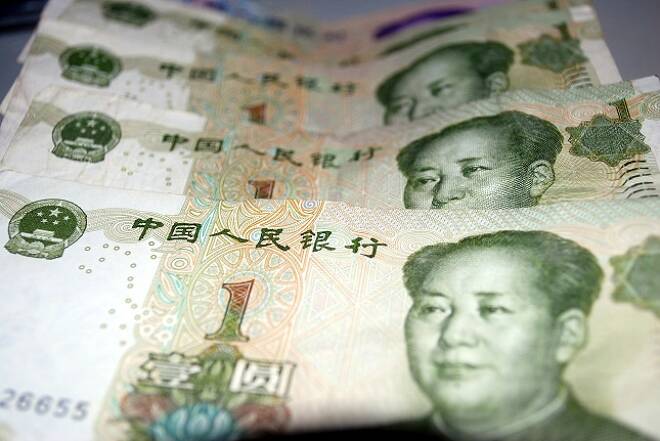Advertisement
Advertisement
Yuan Revaluation will be a Grave Mistake for the Chinese Economy
Published: Feb 28, 2019, 09:39 GMT+00:00
U.S want China to revaluate yuan a claim that can hardly be met by the Chinese if they do not want repeat Japanese 2 lost decades
Trade optimism fading
The optimism around the US-China talks is fading away. US representatives noted the difficulty of concluding a long-term deal with China. However, since November, when China and the United States began to take real steps to closer their positions in trade disputes, the yuan strengthened by 4.4%, reversing back more than 40% of the initial losses since the outbreak of trade wars.
The incoming news on the course of trade negotiations includes, among other things, the demand of the American side to see the yuan revaluation, a claim that can hardly be met by the Chinese.
Japan’s painful experience of deals with the U.S.
If the Chinese authorities are familiar with history, they are unlikely to take such a step. In 1985, the so-called Plaza Accord envisioned similar moves by Japan. It turned into two decades of economic stagnation, housing prices collapse, and deflation.
The comparison is enhanced by the fact that in the 1980s, Japan was almost like China now: an export-oriented country with high economic growth rates, and GDP, according to forecasts, could exceed the American one in the foreseeable future. Back at the time, economic assessments of GDP per capita were in vogue, and by this indicator, Japan overtook the States.
Is China a new Japan?
In current times comparison at purchasing power parity is in fashion, and this metric gives first place to China. If we also add here growth rates of two to three times higher than those in the United States, an impressive surplus of foreign trade, a growing influence on the countries of the region, it is easy to see a lot of reasons for jealousy and political pressure.
Comparing China and Japan reinforces demographic trends. The population decline itself undermines economic growth. And the currency revaluation will only exacerbate this process, which even under the conditions of a relatively freely floating exchange rate is experiencing a slowdown to the lowest growth rates.
This article was written by FxPro
About the Author
Alexander Kuptsikevichcontributor
Alexander is engaged in the analysis of the currency market, the world economy, gold and oil for more than 10 years. He gives commentaries to leading socio-political and economic magazines, gives interviews for radio and television, and publishes his own researches.
Advertisement
